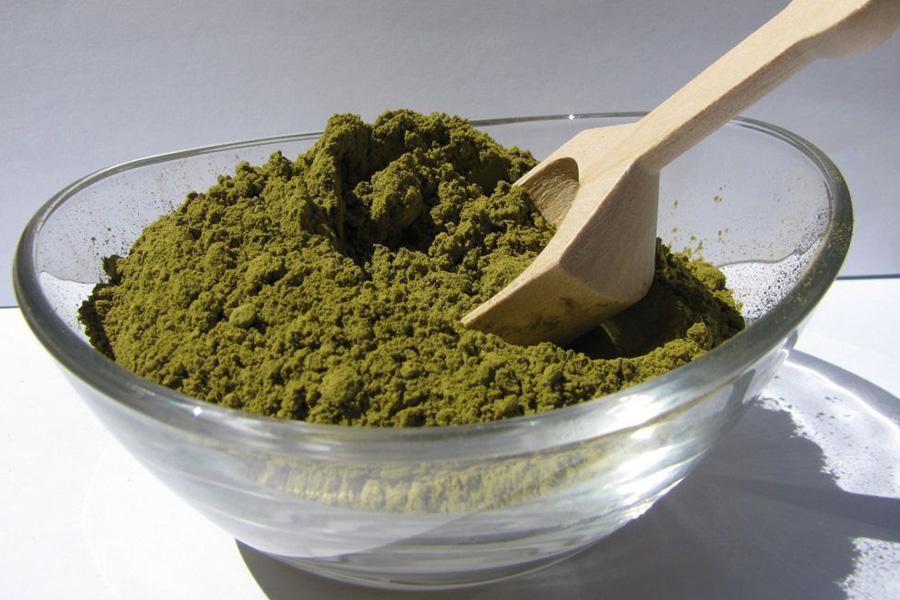
When it comes to choosing the right henna, the variety can feel overwhelming, especially for beginners. Each type of henna powder has distinct characteristics, uses, and benefits. Whether you’re looking for natural hair coloring, scalp treatment, or body art, understanding these types will help you make the best choice for your needs. As a reputed Mehandi Powder Manufacture in India Marwadi Mehandi has been a trusted name among customers seeking quality and purity in their henna products.
1. Organic Black Henna Powder: For Deep and Lasting Color
One of the most popular types of henna among users who prefer dark, rich color is Organic Black Henna Powder. Ideal for those who want a natural hair dye that doesn’t contain harsh chemicals, this variant is made with a blend of indigo and henna, sometimes mixed with other herbal ingredients. It’s especially suitable for covering gray hair effectively while nourishing the scalp. Beginners appreciate it for its ease of use and reliable coloring results without ammonia or artificial dyes.
2. Natural Herbal Henna Powder: A Multi-Purpose Option
Natural Herbal Henna Powder is perfect for those looking for a more versatile product that offers benefits beyond hair coloring. This type of henna is typically enriched with herbal extracts like amla, shikakai, neem, and brahmi. These ingredients promote hair growth, reduce dandruff, and enhance shine, making it ideal for hair treatment and conditioning. As it is mild and safe, even those with sensitive scalps can use it comfortably. First-time users often find this variant appealing for its holistic hair care benefits.
3. Natural Brown Henna Powder: For a Subtle Finish
If you prefer a warm, earthy hue over bold reds or blacks, Natural Brown Henna Powder is the right choice. This type of henna blends natural herbs with henna and indigo in precise ratios to create a soft brown shade. It’s ideal for beginners who want a subtle transformation that still looks natural. Apart from hair coloring, this variant helps strengthen hair roots, reduces frizz, and adds a natural shine. It is also a safe alternative for those trying to avoid chemical-laden commercial dyes.
4. India Best BAQ Henna Powder: Premium Quality for Body Art
Body Art Quality (BAQ) henna is specially refined and triple-sifted to give a smooth, lump-free paste ideal for detailed designs. India best BAQ Henna Powder is crafted for mehndi artists and body art professionals, but it’s also beginner-friendly due to its consistent texture and deep stain. What sets BAQ henna apart is its high dye content and fine mesh, which ensure rich, lasting stains on the skin. Whether you’re attending a wedding or celebrating a festival, this is the preferred choice for traditional and intricate designs.
Choosing the Right Henna: Factors to Consider
When selecting a henna type, several factors influence the outcome and experience. These include your hair type, desired color, scalp sensitivity, and how often you plan to apply it. Beginners should start by identifying their goals—whether it’s for conditioning, coloring, or decoration—and choose the product that aligns with those expectations. Make sure to patch test any new henna before full application to ensure compatibility with your skin or hair.
Why Beginners Should Choose Natural and Herbal Henna
For those just beginning their henna journey, starting with natural and herbal variants offers a safer experience. These powders are free from chemicals and additives, making them gentle on the scalp and hair. They also tend to improve hair texture over time. While chemical dyes may provide faster results, they often lead to dryness, irritation, or hair damage. Natural henna products are known for their nourishing properties, making them an ideal starting point.
Understanding the Application Process
Applying henna may seem complicated at first, but once you understand the basic steps, it becomes a smooth routine. Most henna powders require mixing with warm water, allowing the paste to rest for a few hours, and then applying it evenly to clean hair or skin. The processing time can vary depending on the depth of color you want, ranging from 1 to 4 hours. Once dried and rinsed off, the stain continues to develop over the next 24–48 hours. With practice, beginners can master the technique and achieve salon-like results at home.
The Role of Henna in Hair and Skin Health
Henna isn’t just a coloring agent; it also offers deep conditioning benefits. Regular use helps reduce dandruff, strengthens hair shafts, and promotes hair growth. Some variants are infused with Ayurvedic herbs that balance the scalp’s natural oils and improve hair volume. For skin, especially in the case of BAQ henna, it’s known for being anti-fungal and cooling—making it a preferred choice for ceremonial use and skin treatments.
Conclusion: Finding Your Best Match
Each type of henna powder comes with unique advantages, catering to different preferences and purposes. Whether you want intense color, mild coverage, or a therapeutic hair mask, choosing the right product is key to a satisfying experience. Beginners should take time to explore their options, consider the ingredients, and start with high-quality, reputable products. Over time, with consistency and care, henna can become a rewarding part of your personal care routine—naturally enhancing your beauty while supporting holistic wellness.


